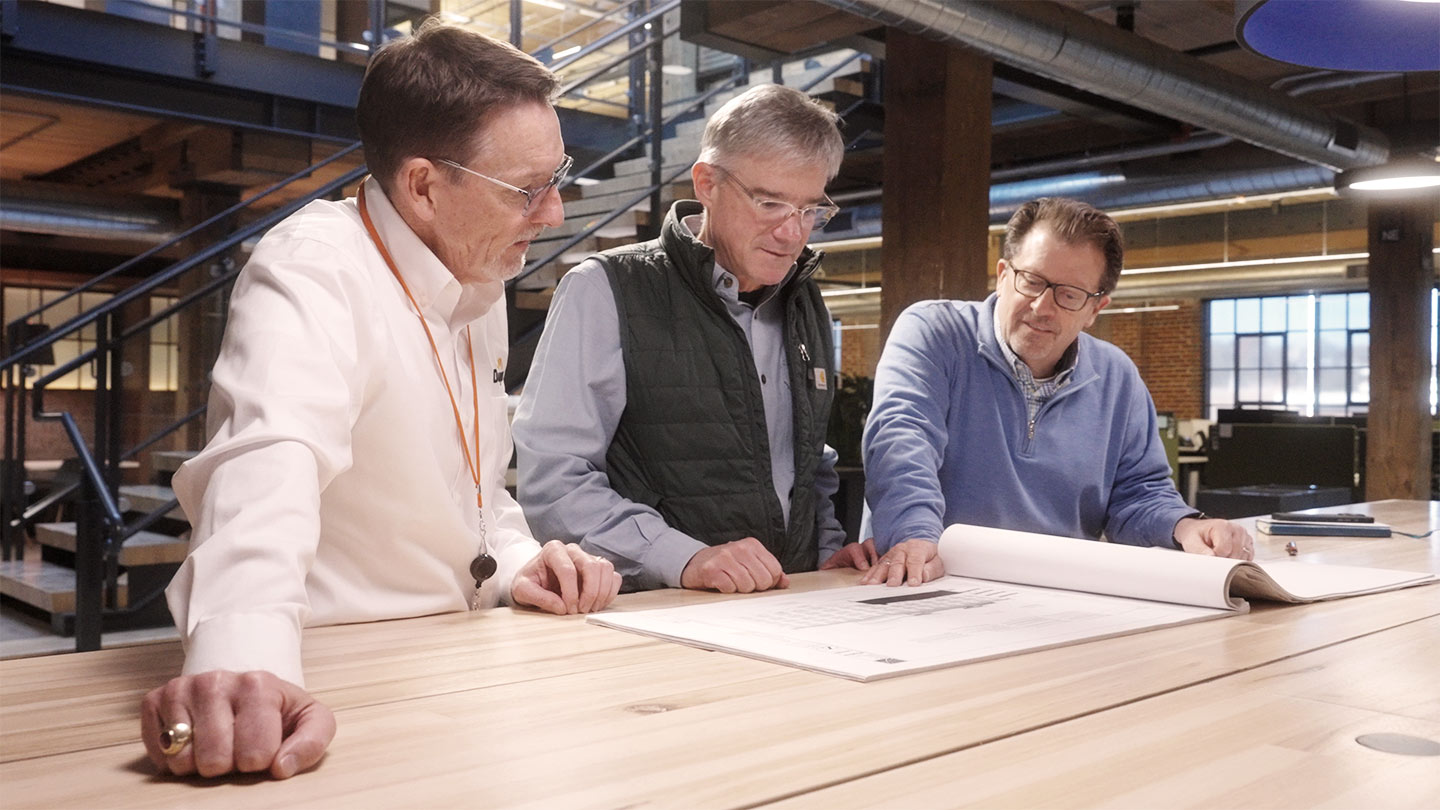
While most executives are optimistic about their company’s performance, according to the J.P. Morgan 2025 Business Leaders Outlook Pulse, they’re also concerned about economic uncertainty, tariffs and rising costs. One potential solution for commercial real estate: property technology (or proptech).
What is proptech?
Proptech includes a range of solutions that improve how real estate is developed, marketed, managed and occupied. The industry has often lagged behind technologically, but several factors have accelerated adoption in recent years, including:
- Consumer preferences
- Desire for efficiency and sustainability
- Advancements in technology
- Digital transformation
Why proptech is important for commercial real estate
Commercial real estate has begun to view residents and occupants more like customers, as evidenced by emerging business models including real estate as a service. Property management companies, owners and operators are finding innovative ways to enhance user experiences while improving operational efficiency and sustainability. With the rapid pace of innovation, proptech can help streamline operations, increase energy efficiency and address occupants’ current and future needs.
4 ways digital marketing can drive growth
Digital marketing helps multifamily owners and operators reach wider audiences, improve brand visibility and generate leads more effectively. Examples include:
- Virtual tours and 3D renderings of properties that help potential occupants better understand a property's layout, condition and amenities 24/7—without leaving home. Because digital tours and renderings can showcase properties under construction, they can also help real estate professionals with the leasing process.
- User-friendly online platforms allow potential occupants to search and filter listings to find properties that meet their needs. Digital platforms may help increase listings’ accuracy and transparency, giving potential occupants a more complete view and understanding of the property.
- Predictive analytics tools that use historical and current industry data to drive informed decisions. For example, by analyzing supply and demand trends, local market dynamics and consumer behaviors, these tools can help property owners and operators hone their marketing strategies and determine property pricing.
- AI-powered chatbots and digital customer service tools can quickly respond to inquiries. These tools can help increase efficiency, streamline communication and provide potential occupants with the information they need to decide if a property is right for them.
Optimizing performance with smart buildings
Proptech is revolutionizing how properties operate, accelerating the smart building concept. Smart buildings use advanced technologies to monitor, control and optimize their systems. For example, smart buildings can use sensors, automation systems and Internet of Things devices to collect and analyze data to make informed—often real-time—automated decisions.
Proptech solutions can also help buildings become more energy efficient. Smart buildings can benefit owners, operators and occupants in numerous ways:
- Accelerate decarbonization: Automation and energy management systems can help reduce buildings' carbon footprints by adjusting the lighting, heating and cooling based on occupancy, weather conditions and other factors.
- Preventative maintenance: Tools now allow for teams to be more proactive and can monitor the health of a building’s systems to provide predictive maintenance needs, which may also reduce costs.
- Improve occupant comfort: Smart buildings can create more comfortable environments by monitoring indoor air quality, temperature and humidity levels and adjusting them as needed.
- Enhance security: More robust, proactive security solutions, such as AI-powered video surveillance, remote monitoring, mobile credentials and cloud-based access control, can bolster safety for occupants, limit owners’ liabilities and streamline building operations.
- System connectivity: Interoperability across building devices and systems can help property managers operate more proactively. New solutions provide a holistic, 24/7 view of the property and systems so preventative actions can be taken.
Improving operational efficiency
With economic uncertainty ahead, proptech can help streamline tasks such as security deposits, maintenance requests, vendor management and resident communications.
Technology can improve efficiency, automate many routine, mundane tasks and help property managers:
- Improve productivity by automating routine tasks, allowing employees more time to focus on complex work and help occupants.
- Reduce costs by streamlining processes to reduce errors and decrease the risk of fraud.
- Use a centralized source of data with robust analytics and predictive capabilities to make informed decisions.
- Enhance communication and transparency with vendors, occupants, investors and other stakeholders.
By using proptech, commercial real estate professionals can realize these benefits while attracting and retaining occupants and increasing property values.
Delve deeper into blockchain applications in commercial real estate.
JPMorgan Chase Bank, N.A. Member FDIC. Visit jpmorgan.com/commercial-banking/legal-disclaimer for disclosures and disclaimers related to this content.







